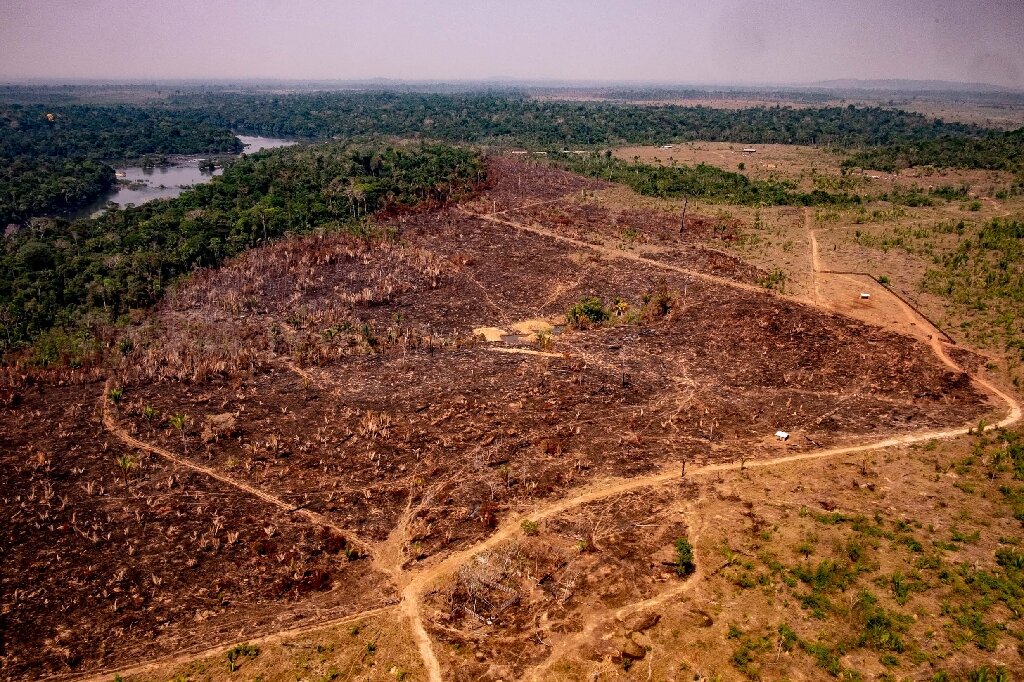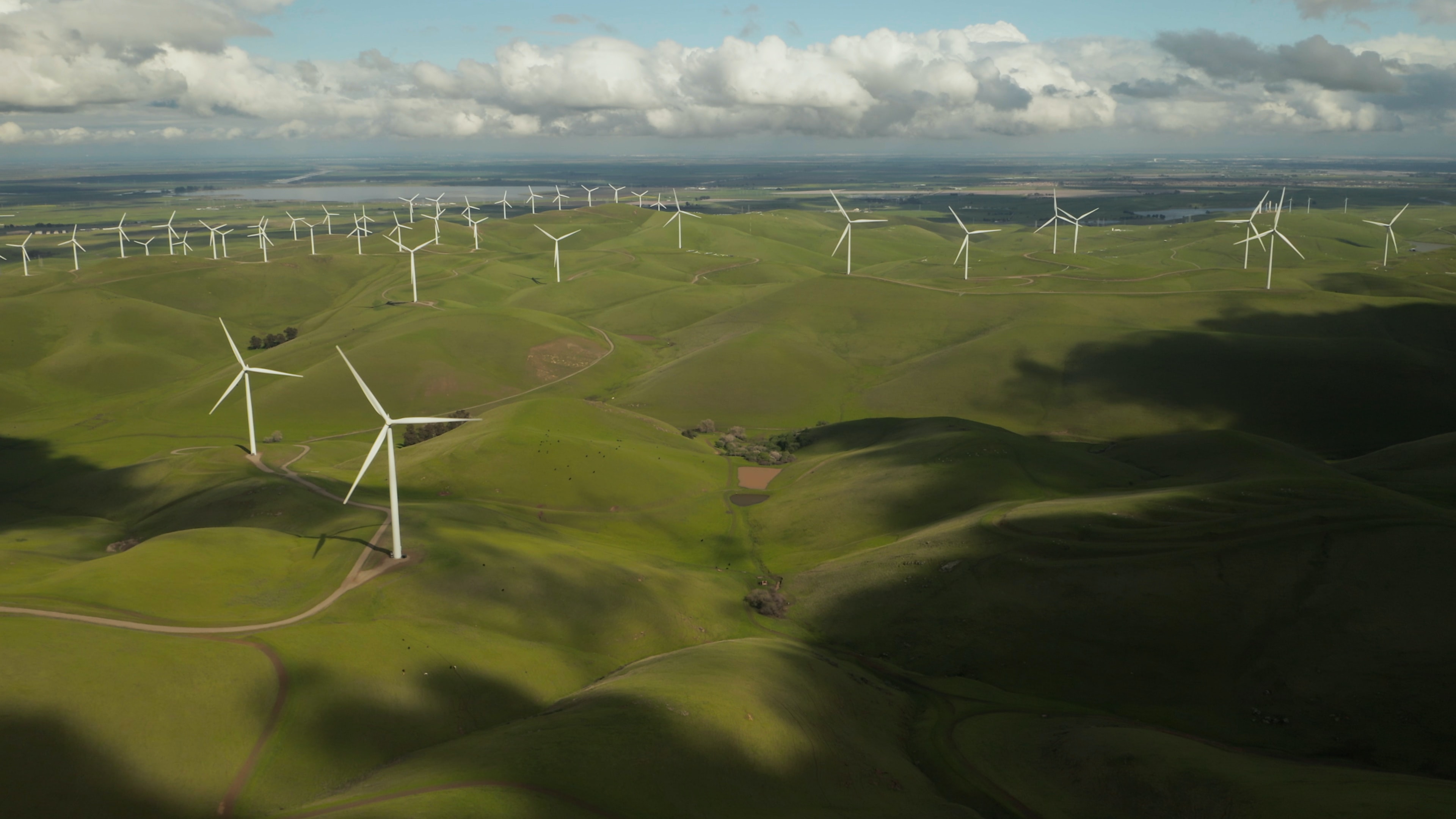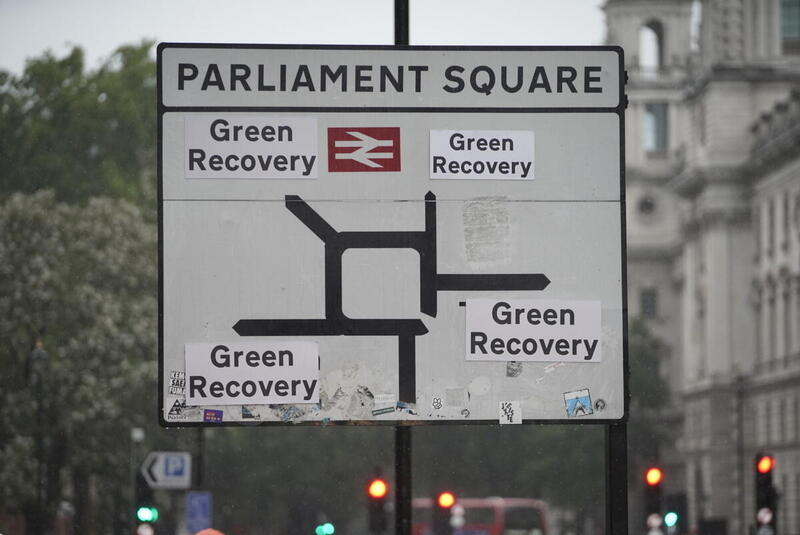Talking Points: June 2020
Posted on 08 Jul 2020 Categories: Blog, Climate crisis, Coronavirus, Talking Points
by Rethinking Poverty
As the UK moves further away from lockdown, the question of recovery comes ever more to the fore. This month we start with the new #BuildBackBetter coalition, launched against the backdrop of an overwhelming desire for change, a growing clamour for a green recovery, and the threat of inequality rising still further. Also, increasingly, ideas are being put forward for how to #BuildBackBetter. We end with a selection of these, and a warning of the danger of ending up with business as usual and ‘the state we don’t want’.
#BuildBackBetter
29 June saw the launch of #BuildBackBetter, a coalition of over 350 organisations from business, trade unions and civil society calling for a new settlement that protects vital public services, repairs inequalities, creates good jobs and tackles the climate emergency. This coalition includes the CBI, the TUC, the British Chambers of Commerce, Oxfam, the Trussell Trust, Greenpeace and many more.
The backdrop to the launch is a new YouGov poll showing that just 6 per cent of the public want to see no changes in the way the economy is run coming out of the crisis, with 31 per cent wanting to see big changes and a further 28 per cent wanting to see moderate changes. A survey of 1,500 people carried out for nursery provider Bright Horizons found that only 13 per cent of UK working parents want to go back to ‘the old normal’, with most feeling that something must change in the way they balance their jobs and family lives. Almost half (48 per cent) of those who worked in an office before lockdown said they were considering asking for more remote working.
Working from home is a popular option, along with changes to how people travel, according to the findings of Climate Assembly UK, a group of 108 members of the public chosen to be representative of the UK population and to help shape future climate policy. Nearly eight in ten said that government measures to help the economic recovery from Covid-19 should be designed to help reach net zero, and 93 per cent said that government and employers should encourage lifestyle changes to cut emissions.
‘The emergency brake has been pulled and time is standing still,’ writes Malcolm Bull. ‘It feels uncanny, and there’s more slack in the world economy than there ever has been before. And that means … that there is also a once-in-a-lifetime opportunity for change and renewal … A space of possibility has unexpectedly opened up.’
Growing clamour for a green recovery from all quarters
The world has only six months in which to change the course of the climate crisis and prevent a post-lockdown rebound in greenhouse gas emissions that would overwhelm efforts to stave off climate catastrophe, warns Fatih Birol, executive director of the International Energy Agency. ‘The next three years will determine the course of the next 30 years and beyond.’ ‘Now that government spending is being unleashed on a massive scale,’ says Joseph Stiglitz, economist and Nobel laureate, ‘the public has a right to demand that companies receiving help contribute to social and racial justice, improved health and the shift to a greener, more knowledge-based economy.’
‘Trillions of dollars will be invested by governments in reviving their economies over the next two or three years,’ writes environmentalist Jonathon Porritt. ‘If those dollars are well spent, ensuring low-carbon, nature-restoring prosperity, we have a real chance of avoiding runaway climate change and ecosystem collapse. If they’re spent on taking us back to pre-coronavirus days, we’re screwed. The climate’s screwed. The planet’s screwed. And all future generations are screwed. It’s as simple – and as binary – as that.’ A view that is echoed in a letter to the government signed by around 400 leading figures in the UK arts in which they talk of ‘a once-in-a-generation opportunity to build a resilient recovery plan that is fair and tackles the climate and ecological crisis with urgency. We cannot let this opportunity pass us by,’ they write.
Similar pleas have also been coming from less expected quarters – including the IMF’s chief economist Gita Gopinath and a group of current and former central bankers. Recognising the severe risks posed by the climate crisis, ‘the Network for Greening the Financial System (NGFS) – a coalition of 66 central banks, and supervisors – has been working to “green” the financial system’. Meanwhile investors managing trillions of dollars in assets are threatening to vote with their feet (or their money), warning, in a letter to the Brazilian government, that ‘escalating deforestation and the “dismantling” of policies to protect the environment and indigenous communities are “creating widespread uncertainty about the conditions for investing”.’

Poverty and inequality fuelled by the coronavirus crisis
BAME and single-parent families have been worst hit financially by Covid-19, according to new analysis by the Institute for Social and Economic Research at the University of Essex. A particularly hard-pressed group is immigrants with the status known as ‘no recourse to public funds’, who are being pushed into destitution. The latest annual report by the Social Metrics Commission found that nearly half of Black African Caribbean households are in poverty, compared with just under one in five white families. The Trussell Trust and others confirm that record numbers used UK food banks in the first month of lockdown. Lower-income households are using savings and borrowing more during the coronavirus lockdown, while richer families are saving more as eating out and trips abroad are banned, according to the Resolution Foundation. In the US, analysis shows that in the span of three months, ‘the U.S. added 29 more billionaires while 45.5 million filed for unemployment’.
‘The inequalities exposed by this pandemic are about to get even worse,’ says Nesrine Malik, with ‘many more protections that we imagined were still in place’ crumbling into dust, ‘as our society splits even more decisively into a small group of winners and a large mass of losers’. To avoid this, says the Institute for Fiscal Studies, ministers need to act now. In their view it is not inevitable that the crisis will exacerbate inequality but that would be the outcome ‘in the absence of better education and training, moves to ensure the survival of small businesses and the provision of catch-up lessons for children from poorer households’.
A gleam of light comes from India, where the Guardian reports that ‘Mumbai discovers life isn’t so sweet without the workers it once ignored’. Many migrant workers have returned to their homes as a result of the pandemic, and it seems local people are not willing to do their jobs. Solidarity and a feeling of being part of society seems to be a key factor here. ‘Migrant workers accept less pay, longer hours and harsher working conditions. Local people will not tolerate this – they have a sense of justice, are rooted in society and enjoy social support. Migrant labourers are herded into factories and hostels and feel cut off and isolated from the society around them,’ said D L Karad, national vice-president of the Centre of Indian Trade Unions.
Prescriptions for recovery
Reform the tax system?
Unsurprisingly, prescriptions for recovery are coming from all sides. Tax is an obvious focus. The UK’s tax system promotes inequality and fails to prevent environmental degradation, write Sarah Arnold and Adrienne Buller of New Economics Foundation, launching their new project with Common Wealth. Tax must be harnessed as a tool to support a more just, equal and sustainable economy, ‘rather than a narrow fixation on the public finances’. Over the coming months, Common Wealth and NEF will explore the design of ‘a tax system needed for a Green New Deal-led recovery and beyond’.
Even economists don’t seem that worried about public debt, which results when the government spends more than it raises in tax revenues and borrows money to cover the gap. The Centre for Macroeconomics sought the views of leading economists and only one expressed concern about the deficit. ‘What’s more, the majority thought that public debt should be ultimately addressed with tax increases, particularly on the wealthy.’

Create jobs?
Job creation is another obvious focus. Can the US fix unemployment with ‘Universal Basic Jobs’? asks Pavlina Tcherneva, whose new book, The Case for a Job Guarantee, offers an ambitious policy proposal that calls for the federal government to provide living-wage jobs and benefits to anyone willing and able to work. A Job Guarantee could act as a buffer that absorbs unemployed people before they fall to the bottom rungs of the economic ladder, she says. In the UK, meanwhile, the Resolution Foundation calls for the ‘biggest-ever peacetime job creation plan’ to stop mass unemployment, proposing that the coronavirus job retention scheme, due to close at the end of October, should be turned into a job protection scheme that would be kept in place throughout 2021, with the aim of preventing lasting job losses, most concentrated in hardest-hit sectors.
Look to the local?
While a new report from Power to Change advocates cutting the number of empty shops by putting communities in control of high streets, the Centre for Local Economic Strategies (CLES) has proposed nine approaches for local governments seeking a brighter future. These include using Covid-19 procurement rules to force suppliers to maximise local work, zero carbon, fair tax and local social activity, and creating job schemes, with a focus on young people, public works programmes and greening the economy.
A national nature service?
A coalition of environmental groups calls for creation of a national nature service to restore wildlife and habitats in England. It said the move would create thousands of jobs and a more resilient country, and tackle the wildlife and climate crises. It has drawn up a list of 330 projects that are ready to go, including flower meadows, ‘tiny forests’ in cities, and hillside schemes to cut flooding.

The state we don’t want
What has become even clearer through the COVID-19 crisis is the importance of having local government at the centre of the response – the opposite of what has happened so far. It is up to Labour to lead the charge against Johnson’s looming shock doctrine, says national organiser for Another Europe Is Possible Michael Chessum, who fears the government will reshape the British economy and scrap rights and protections for workers, consumers and the environment. We have already seen England’s contact-tracing strategy ‘hobbled by the government’s reluctance to involve local authorities and regional public health expertise in its coronavirus response and its commitment to outsourcing health services to the private sector’. In Greece, too, Apostolis Fotiadis, a researcher who focuses on EU policy, is alarmed by the government using the emergency as a pretext to rush through ‘highly opaque and questionable public-finance deals’ and ‘a stampede of direct awards’ (including when state contracts are broken down into smaller ones to avoid open procurement procedures), and the transfer of the management of Covid-19 financial support measures to private companies.
A need for leadership?
This month’s Talking Points began with the launch of the #BuildBackBetter coalition. We end with the issue of leadership and direction. After 15 stunning days of anti-racist protests, what happens next? asks Ed Pilkington. ‘Is there a need for some structured vehicle that could absorb the positive radiation of the current protests without which the movement risks fragmenting and dissipating just like Occupy?’ Dana Fisher of the University of Maryland thinks there is. ‘I’m sure it will be unpopular to say this, but I think there is a need for some professionalized organizational ecosystem to support this movement. There is a void forming, and we need to fill it.’ As so many different people are warning, if we don’t fill this void there is a real danger that we will build back but not better.
Want to keep up-to-date with our coronavirus coverage? Sign up to our newsletter.
Posted on 08 Jul 2020 Categories: Blog, Climate crisis, Coronavirus, Talking Points


